By Georgie Budini
As the single mother of my beautiful little sixteen-month-old man, Max, I’m regularly faced with the question of when I will stop breastfeeding him. When I was pregnant with Max, I remember saying that six months sounded like a long time, and I would probably be itching to launch back into my career as a psychologist well before then. How very wrong I was! A year and a half later I’m a full time mother, still breastfeeding, and loving it.
The advantages of breastfeeding are obvious, and are increasingly promoted by health professionals. Breastfed babies are more resistant to health problems both early in life and throughout the lifespan, including diabetes, obesity, dental cavities, cancer, heart disease and high blood pressure. Breastfeeding has been associated with reduced risk of SIDS (sudden infant death syndrome) and has been found to protect against allergies. The benefits also extend beyond the physical: studies show that breastfed children develop fewer psychological, behvioural and learning problems. Breastfeeding mums also reap the benefits, including protection against disease and enhanced emotional health from the bond they form with their babies (mothers who are unable to breastfeed: please forgive me for any offence. I’m well aware that there are obstacles for many women and that the beautiful maternal bond is achieved with your child whether you breastfeed or not).
I eagerly consumed all this encouraging information literally with my son feeding away as I read. Breastfeeding on demand, as many mothers out there are well aware, involves spending the majority of the day and night snuggled up with your beloved baby on your breast. As Max and I embarked on our breastfeeding relationship, my body’s incredible ability to produce all the nutrients he required filled me with confidence. We don’t need science to tell us that the bond between a mother and child is hugely powerful- holding baby to breast is a sacred emotional and spiritual experience.
So, all in all, I felt positive and confident about breastfeeding my little man in his infancy. But, as he passed his first birthday, I began to wonder how long I would continue. Myths about breastfeeding children for “too long” pervade mainstream culture, and such ideas began to play on my mind.
Although breastfeeding in public is becoming more accepted (and even legally protected), the biological function of breasts still seems to confront and even disturb people – especially breastfeeding beyond infancy. If we objectively view the way that breastfeeding differs across cultures, it is clear that the stigma around breastfeeding into toddlerhood and early childhood is specific to Western culture and is symptomatic of our sexual obsession with breasts. Before my journey into motherhood, I probably would have made some shocked remark to a friend if I happened upon a mother breastfeeding her 4 year old at a café. This remark would have purely been the result of social conditioning and lack of understanding.
It is understandable to want to wean your child, don’t get me wrong. I have experienced the exhaustion that comes with two hourly nighttime feeds for months on end and the occasional frustration at my son clawing at my breasts in public. Mothers returning to work are often still limited in their options to continue breastfeeding through the working day. Maintaining an intimate relationship with your partner is challenging when your child is feeding throughout the day and night.
It can also be difficult to remain resolute that you are doing the right thing by continuing to breastfeed, and I’m sure many women succumb to social pressures and wean their children earlier than they otherwise would. Comments such as “if you don’t wean now, it’ll be harder to do it later on,” and “the rule is, when they are old enough to ask for it, it’s wrong,” play on our insecurities as parents.
These opinions simply serve to perpetuate social stigma around breastfeeding. The World Health Organisation recommends breastfeeding until at least two years, and anthropologists have estimated the natural age of weaning to be between two and a half and seven years. Almost quarter of Australian mothers breastfeed beyond their child’s first birthday. The age at which children self wean (naturally cease breastfeeding of their own accord) is hugely varied, and how difficult it is to wean a child is totally dependent on the child itself. In many cultures around the globe, breastfeeding well into childhood is perfectly normal and accepted – even expected. This is the case in the majority of countries on our planet, and with good reason.
According to the Australian Breastfeeding Association, breastfeeding your toddler can provide 29% of their daily energy needs, 43% of protein requirements, 75% of vitamin A requirements, and 60% of vitamin C requirements. Breastfeeding reduces tantrums: it can easily soothe an overtired child to sleep and enable mother and child to be calm and still and feel their bond in moments of stress or tension. When baby is unwell, breast milk is the one of the best medicines and often the only thing that they can actually keep down. We are both enjoying it way too much to stop any time soon. Put simply, it’s more convenient to continue breastfeeding.
When will I stop breastfeeding my toddler? Whenever we are both ready. Until then, I can say with confidence that what I am doing is right for both Max and for me.

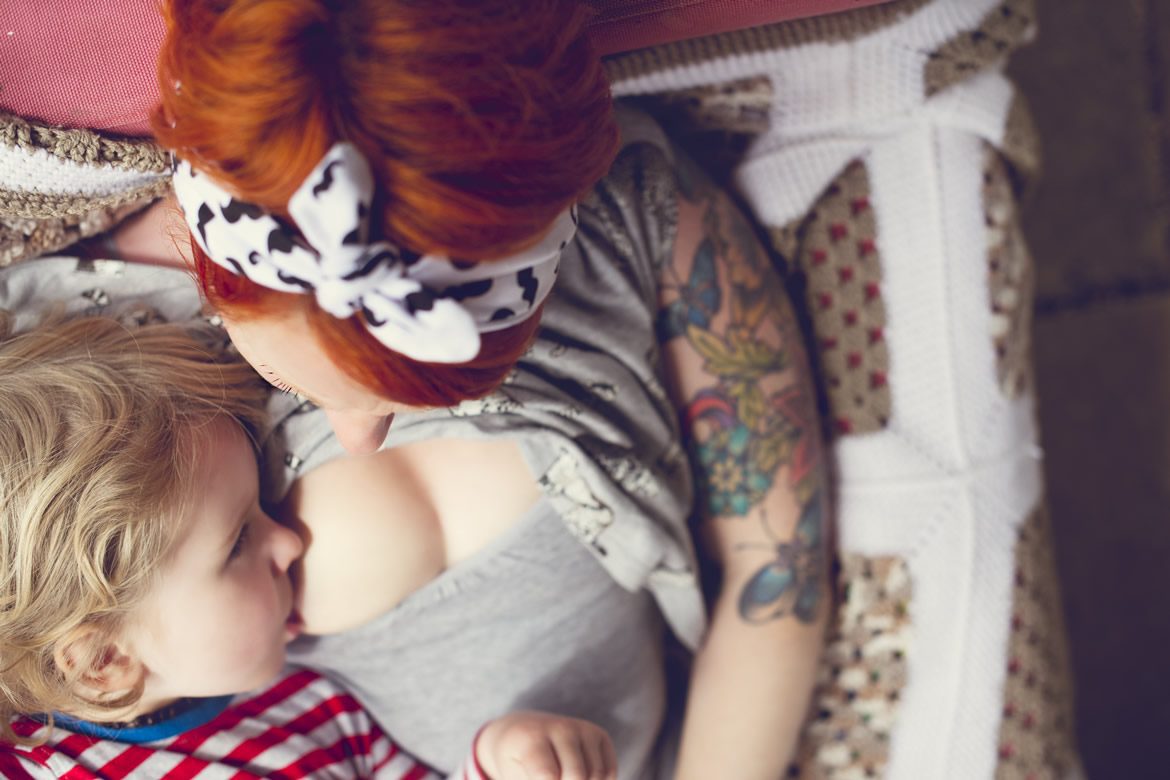

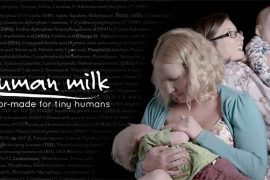
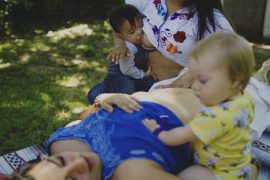

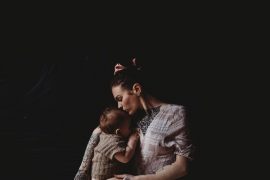




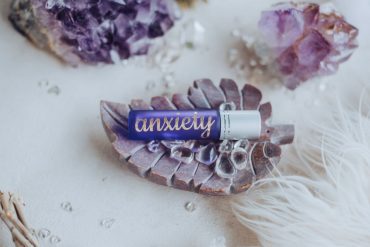
Go you!
I’m at exactly 2.5 years with my son and what amazes me is that true weaning is a process. It doesn’t just happen one day.
I decided from about day 5 that I would stop when he stopped asking.
He has gone 2 weeks without asking and then has asked again and off we were again 1 or 2 or 3 feeds a day.
I marvel at the bodies ability to still provide for such a big toddler.
We are miracles, we really are.
May I ask if you did anything to keep up your supply in those two weeks or if you still had milk without doing anything? I’m currently feeding my 2.5 year old and am going away for nearly a week end of August. I’m sure she will be alright with her daddy, I’m just not sure if I should pump during that time… Any help would be great!
Love this.
Well said, Momma.
I’m feeding my 3.5 yr old and 6 wk old and we will stop when we are ready!
I have loved our breastfeeding journey and sometimes wonder how others survive without it. Parenting through breastfeedingâ¤â¤â¤
I returned to work part time when my youngest was 12 months. I found that bf helped us reconnect when she was away from me for 9 hours. We’re still bf at 3.5 years and it’s been a life saver to calm those tantrums 🙂
Thanks for sharing your story! Makes me feel like I am not alone in my journey!